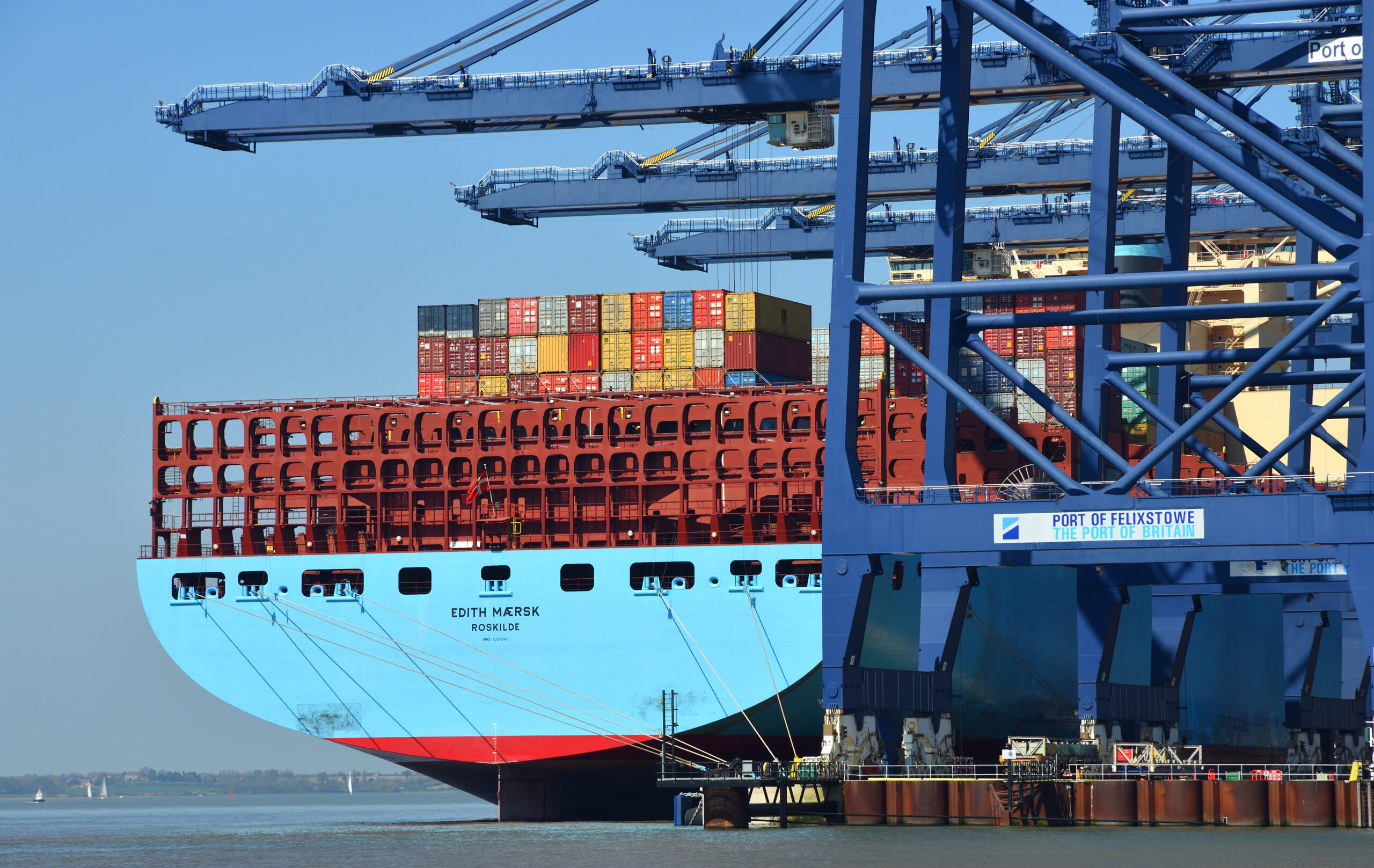Unveiled by the European Commission last week, the Clean Industrial Deal has been broadly welcomed by the maritime sector, with industry leaders hailing its potential to align decarbonisation goals with improved competitiveness. Nonetheless, many stress the concerted effort required to scale-up the production of green fuels and to increase the investment necessary for maritime sustainability.
The Clean Industrial Deal is designed to improve European economic resilience and competitiveness, while bolstering investment in renewable energy and strengthening the clean-tech sector. The deal identifies shipping as one of five priority sectors for decarbonisation and recognises the maritime industry’s pivotal role in Europe’s supply chain and energy security.
The European Community Shipowners’ Association (ECSA) has welcomed the acknowledgement of shipping’s key role in European energy security but emphasises that urgent action is needed to increase clean fuel production and support the maritime sector’s energy transition goals.
Sotoris Raptis, ECSA Secretary General, commented: ‘We strongly welcome the recognition of shipping as one of the priority sectors of the Clean Industrial Deal. […] EU member states must use the 9 billion of the shipping ETS revenues to support the production of clean fuels. We also urge the Commission to cut red tape and ensure an international level playing field.’
As conventional fuels remain up to five times cheaper than clean fuels and represent a serious barrier to Europe’s energy transition, revenue generated by the EU ETS could help drive investment in large-scale green fuel adoption. Danish Shipping, an association that represents over 90 shipowners and offshore companies, is pleased by the reduction of administrative burden by 25%, which will free up additional funds for investing in green shipping.
Anne Steffensen, CEO of Danish Shipping, noted: ‘The Commission is focusing on exactly the right areas: competitiveness and green transition. These are fields where Europe has huge untapped potential – but where we also risk being left behind by the US and China if we do not act now. […] I need to see concrete plans for a massive scaling up of green fuel production. Without green fuels to power our ships, we will never achieve our goal of climate neutral shipping.’
Europe’s ports will play an integral role in implementing the Clean Industrial Deal. The European Sea Ports Association (ESPO) and the ports of Rotterdam and Antwerp-Bruges have expressed support for the deal. However, ESPO has emphasised the need to accelerate permitting procedures to facilitate the development of renewable energy and clean fuel infrastructure.
‘We see in the Clean Industrial Deal launched today a lot of understanding of the challenges to combine decarbonisation and competitiveness in Europe’, commented Isabelle Ryckbost, ESPO Secretary General. ‘The document is in that sense a good first step, but a lot will depend on its concrete implementation.’
While the Clean Industrial Deal has been widely welcomed by the European maritime sector, there is a consensus that more is required in terms of investment in green fuel production and the supporting infrastructure to prevent the EU from falling behind. This will take the form on effective allocation of ETS revenues, regulatory clarity of alternative fuels, and streamlined permitting for port infrastructure developments. The industry will be eagerly watching to see how and if these commitments turn into tangible actions.



